Events
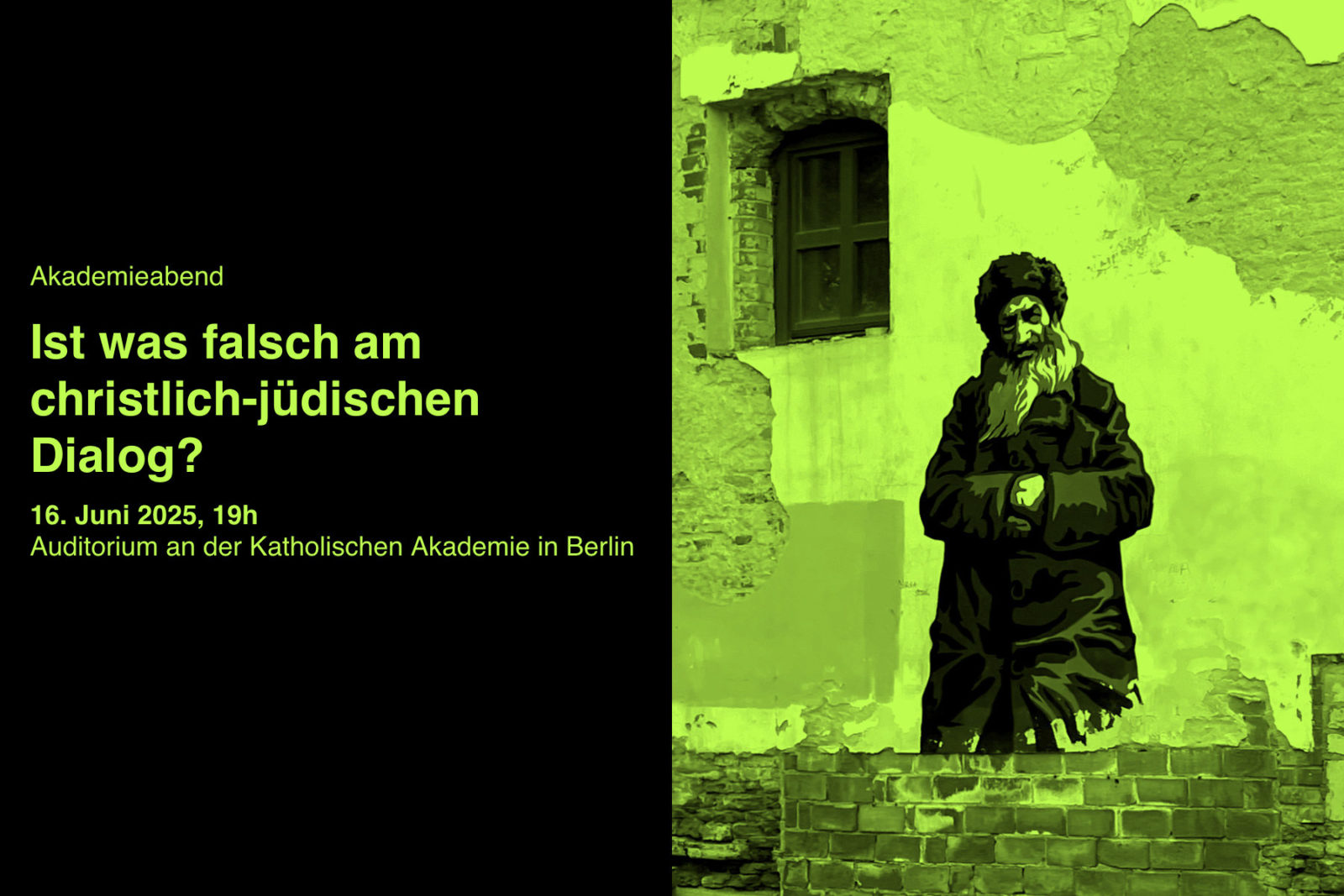
Photo: Gesine Palmer
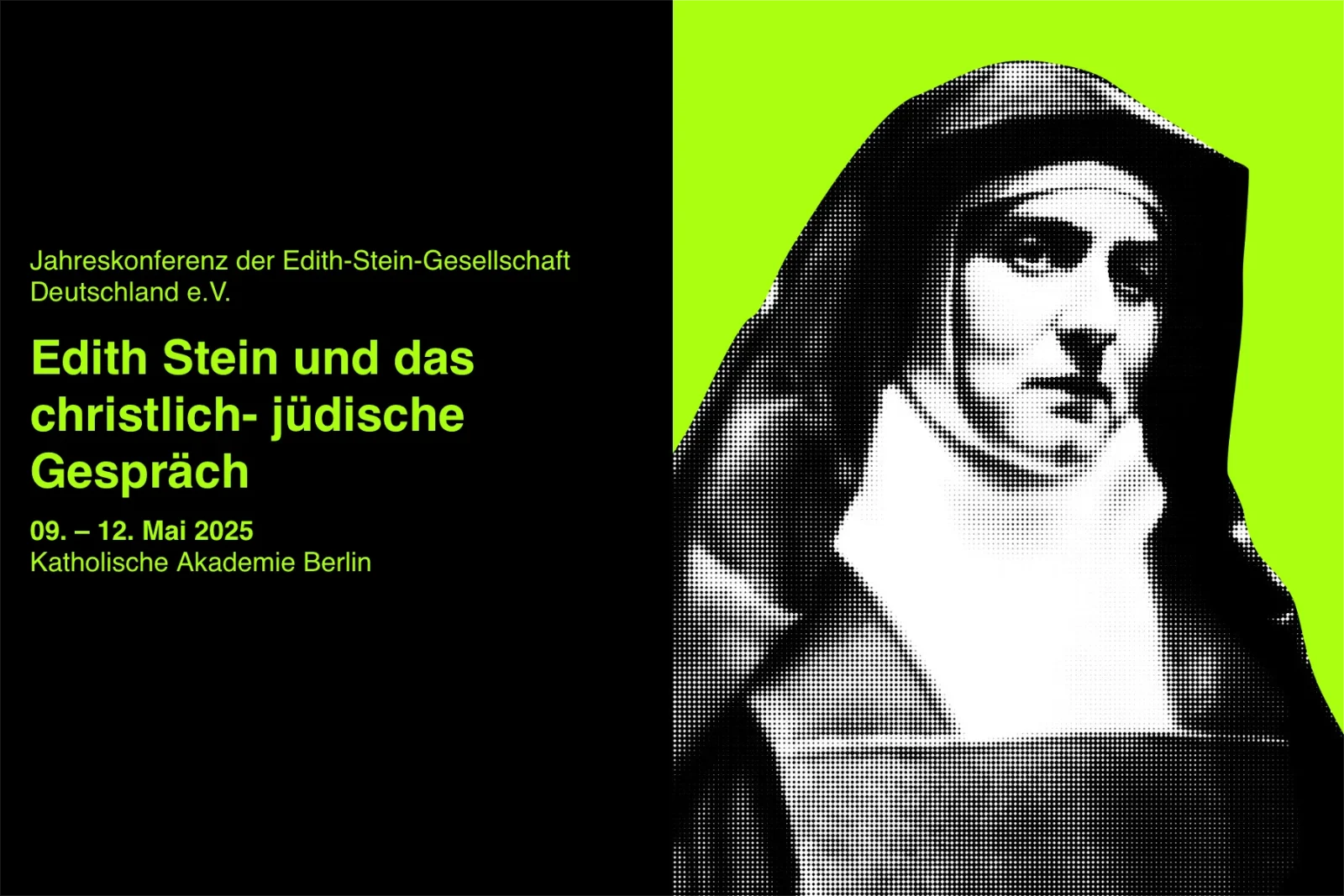
Cologne Carmel Archives, Public domain, via Wikimedia Commons
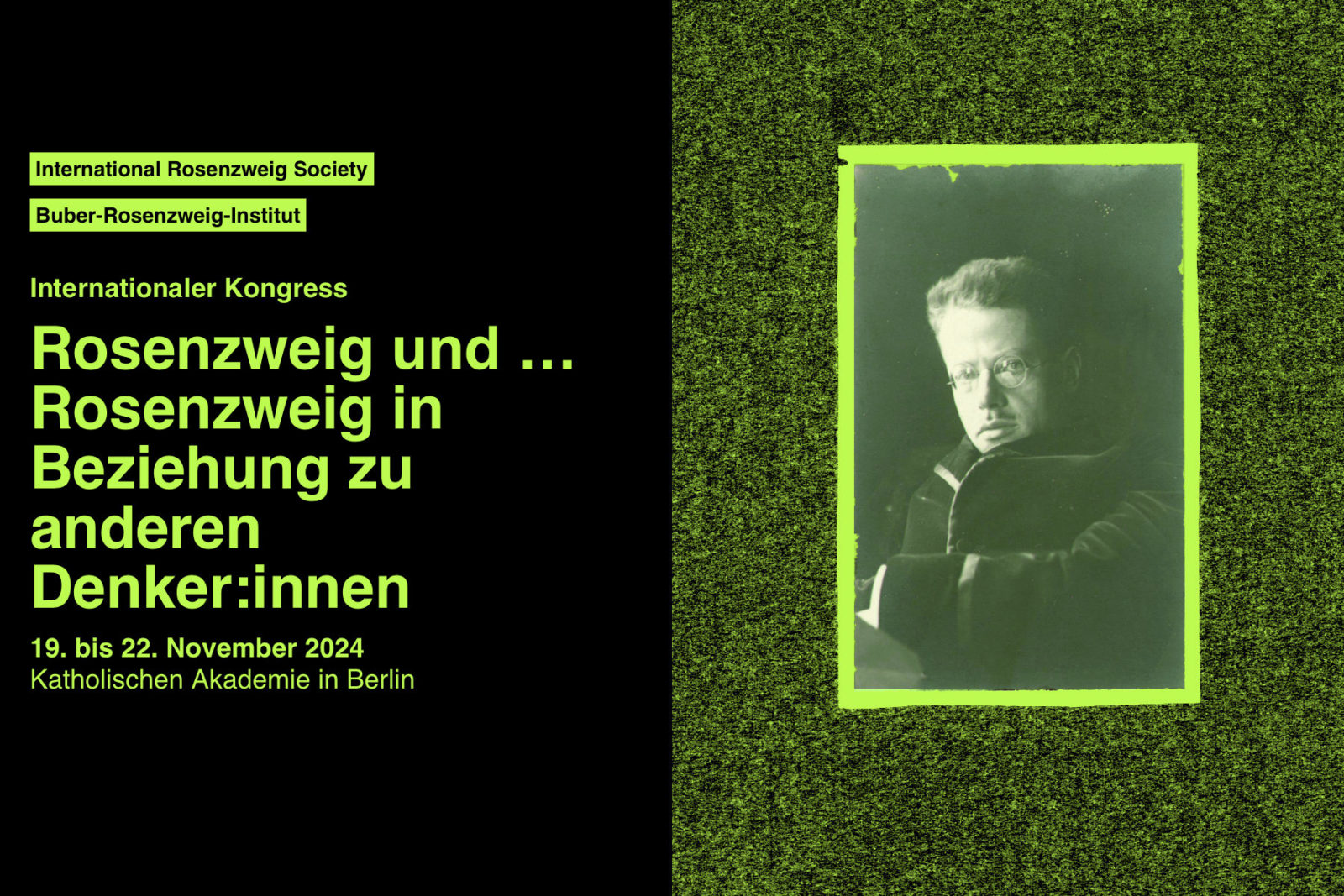
Franz Rosenzweig: Porträt, Auf Karton. 1918 © UNIKASSEL
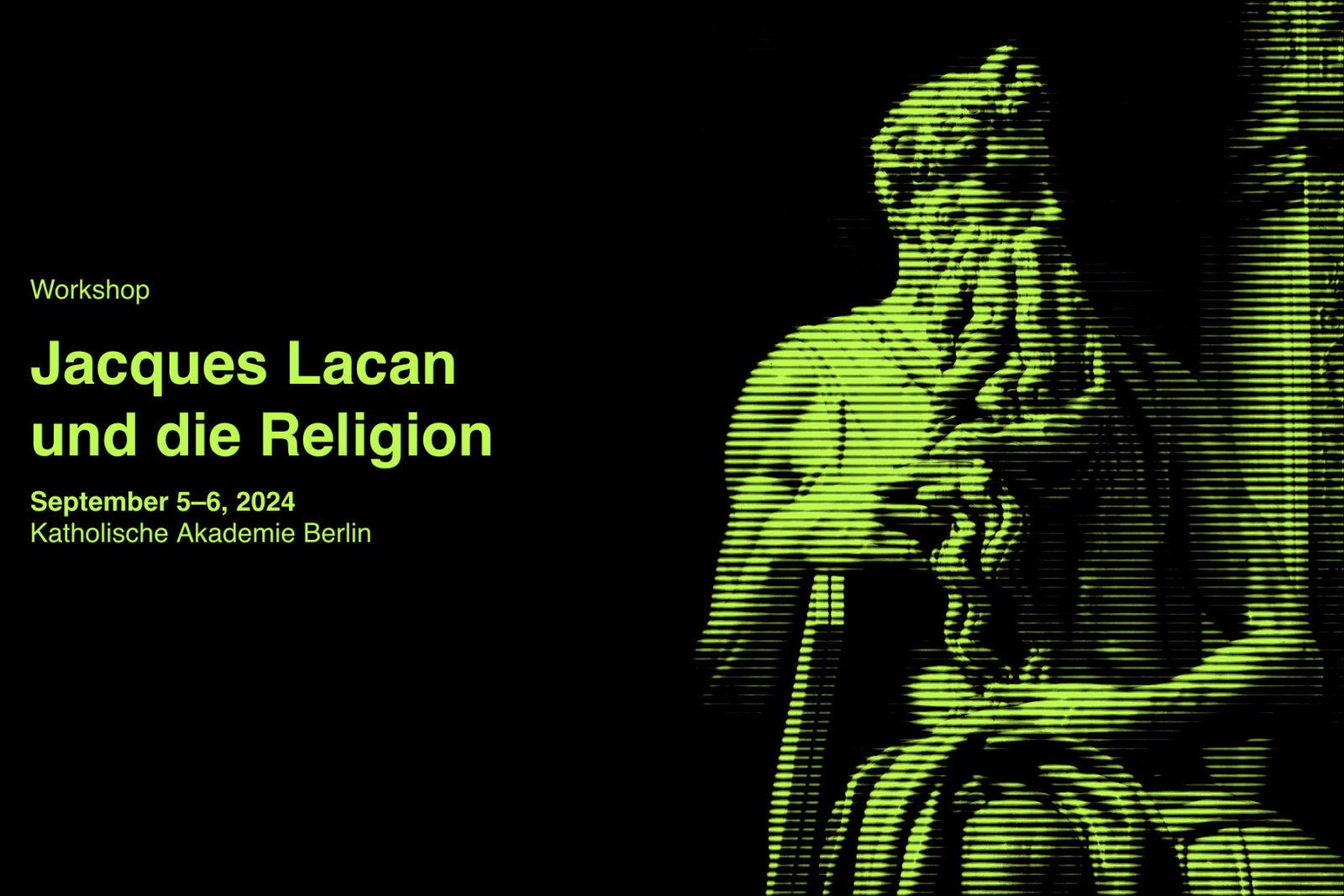
St. Peter’s Basilica, CC BY-SA 2.0, via Wikimedia Commons
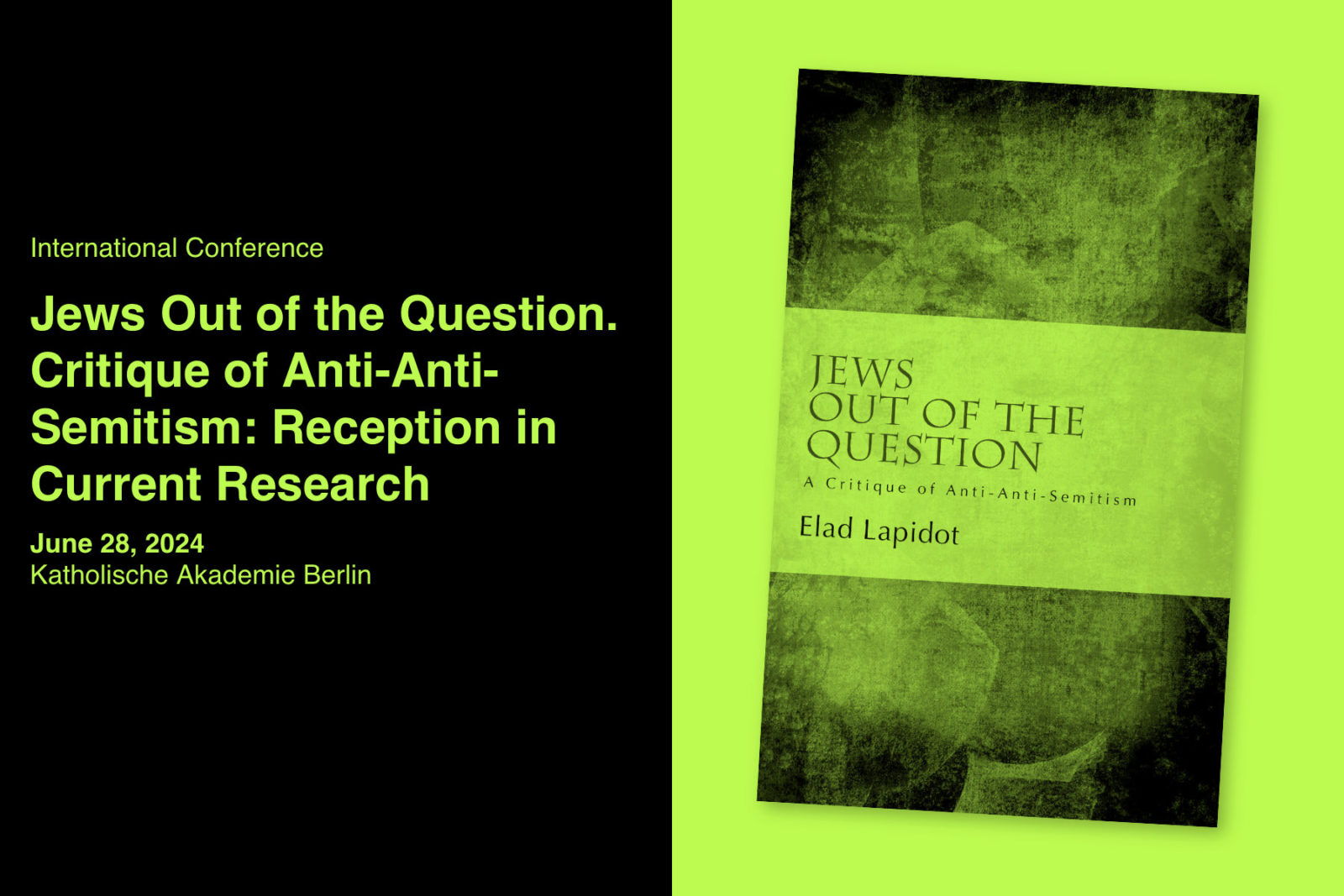
© Cover: Jews Out of the Question. Critique of Anti-Anti-Semitism, Sunypress
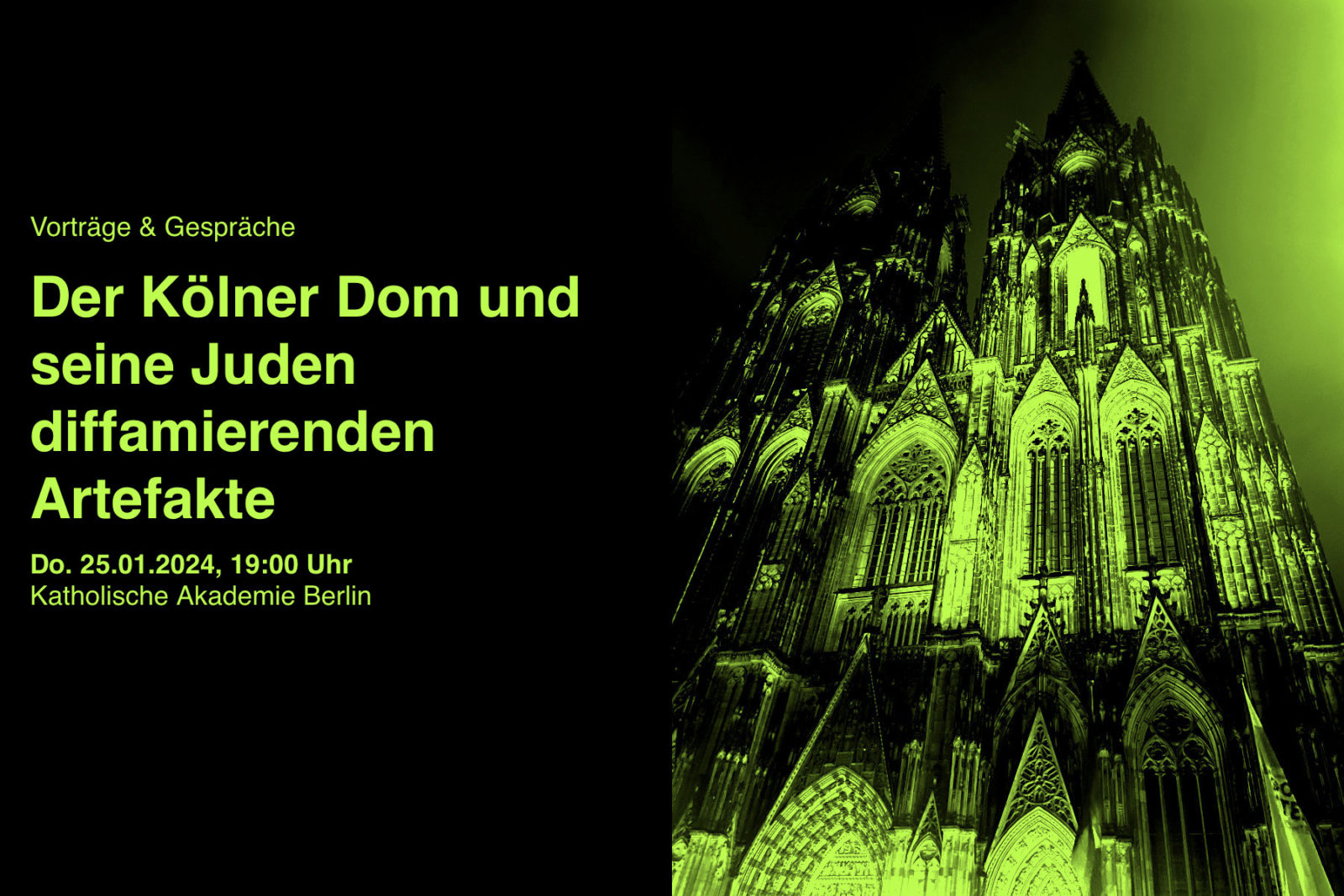
Photo © Celia Ross, # B_UTOP b:uro d.es_senses
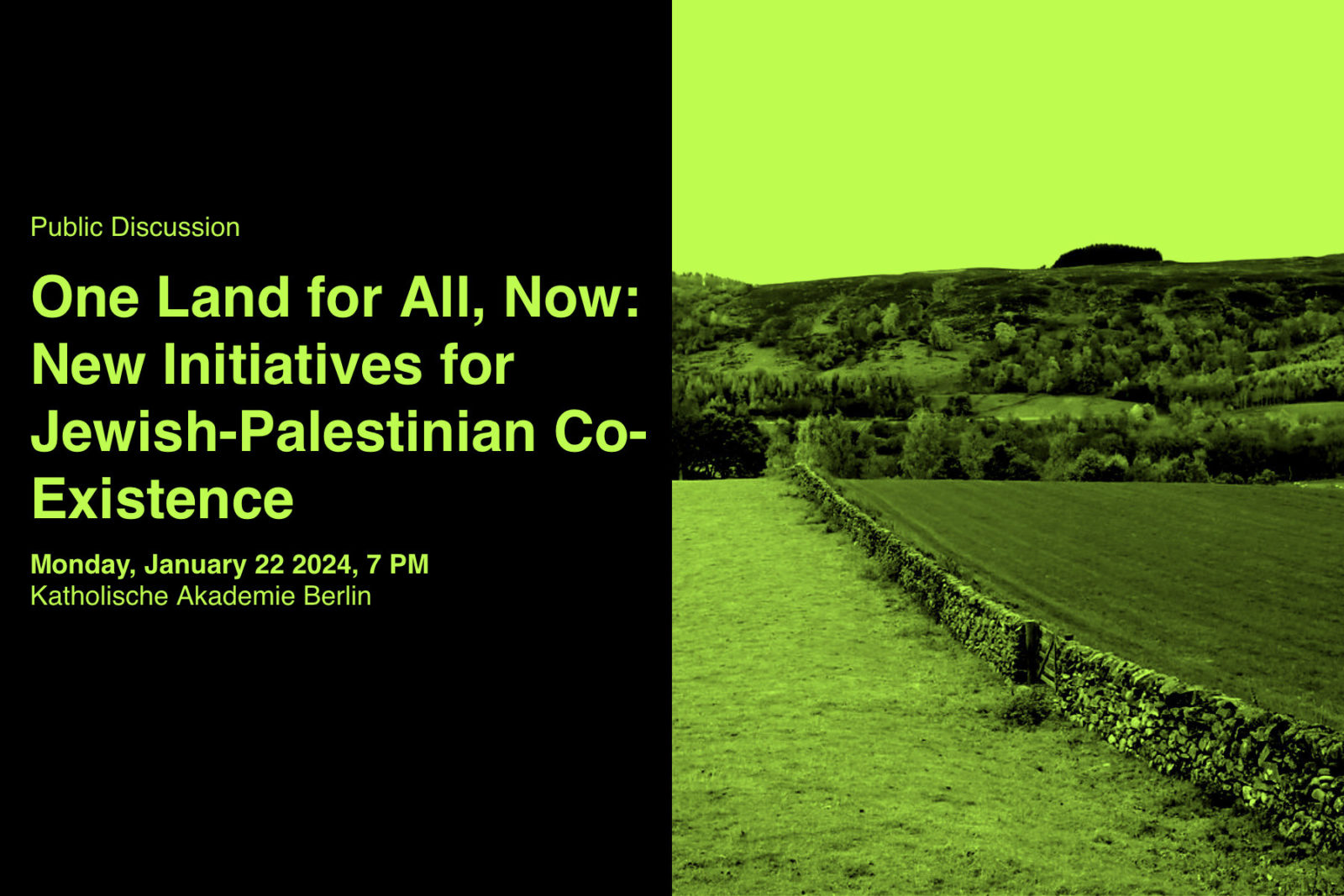
Photo © Trevor Littlewood / Creative Commons Licence.
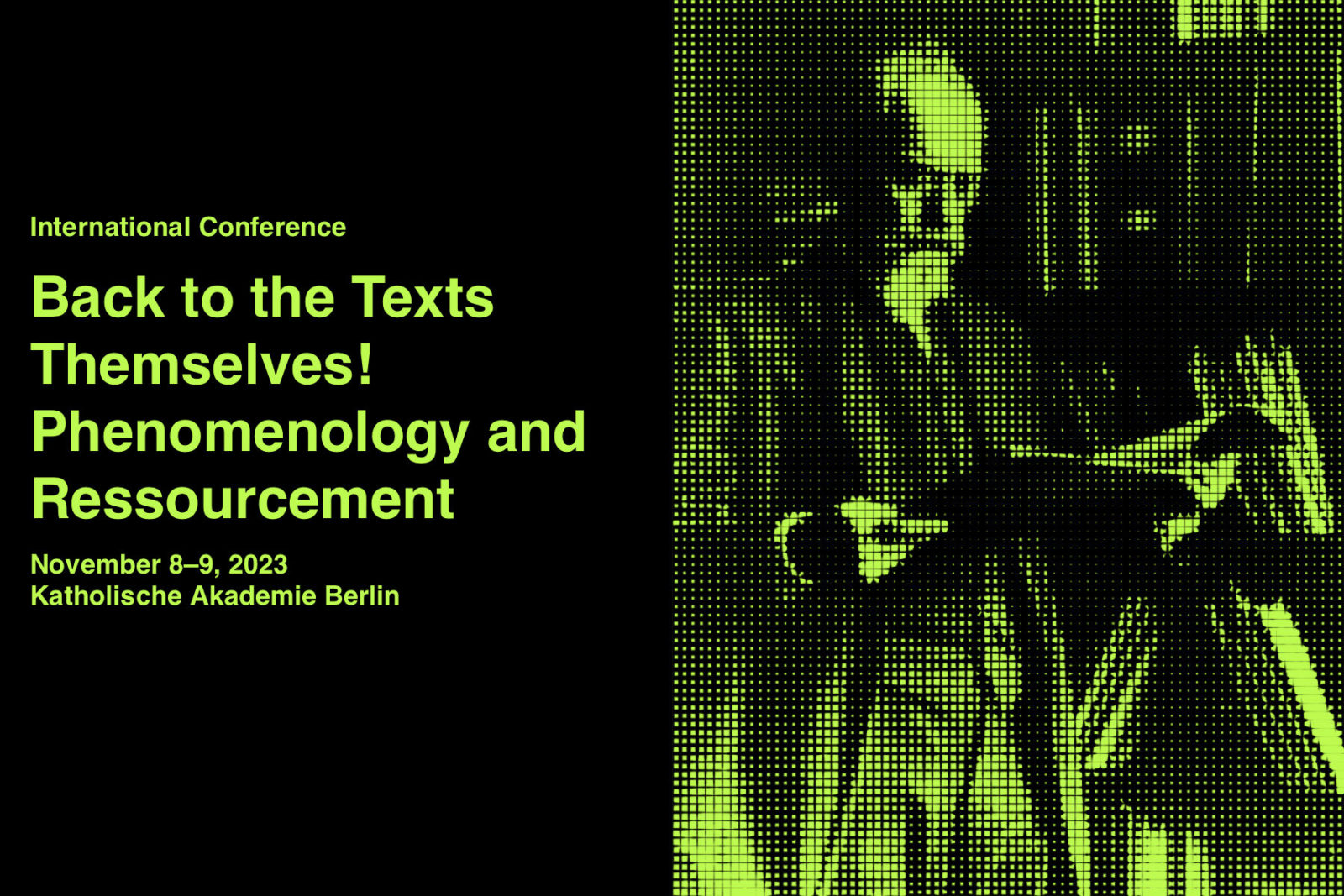
Photo: Husserl-Archiv Freiburg
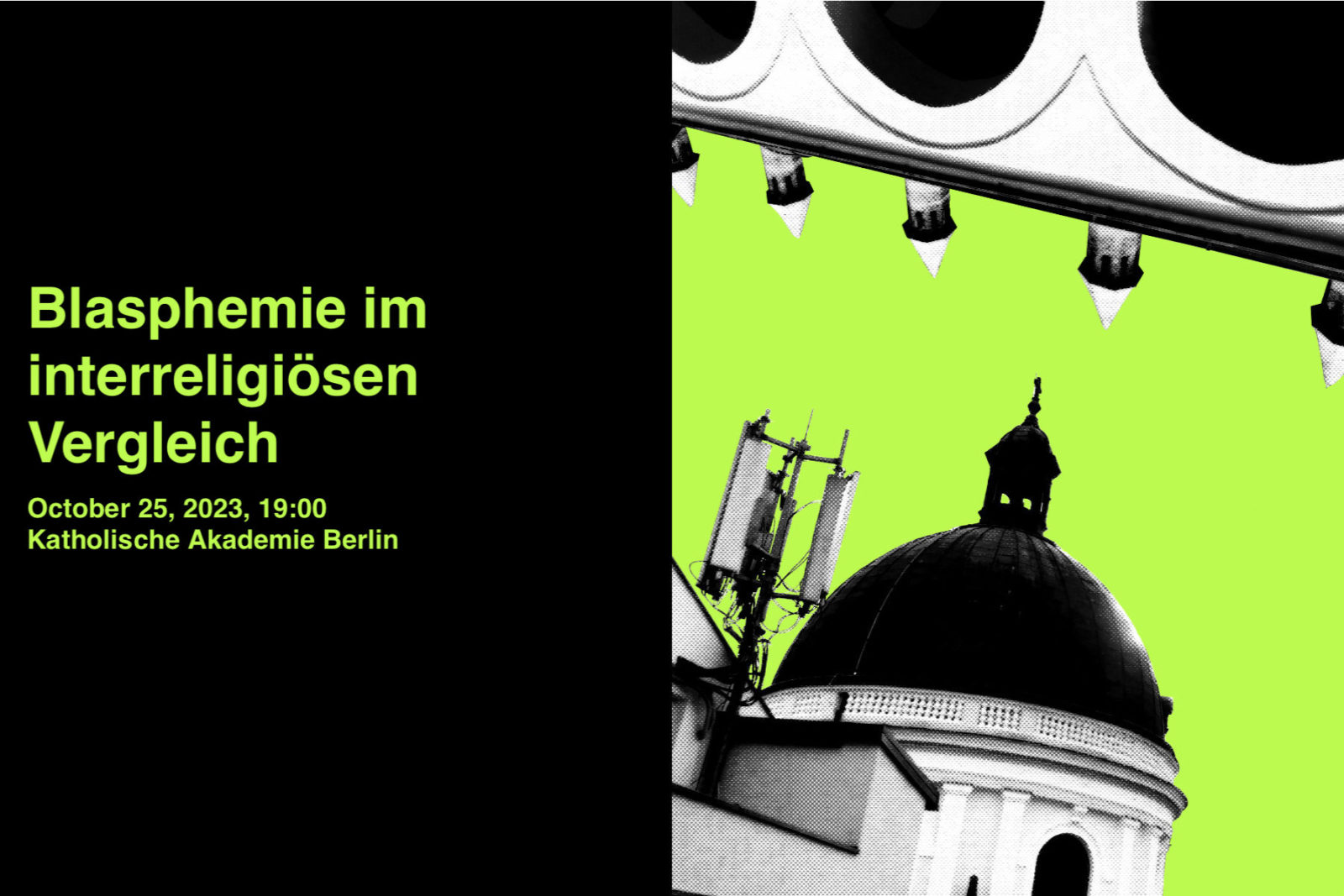
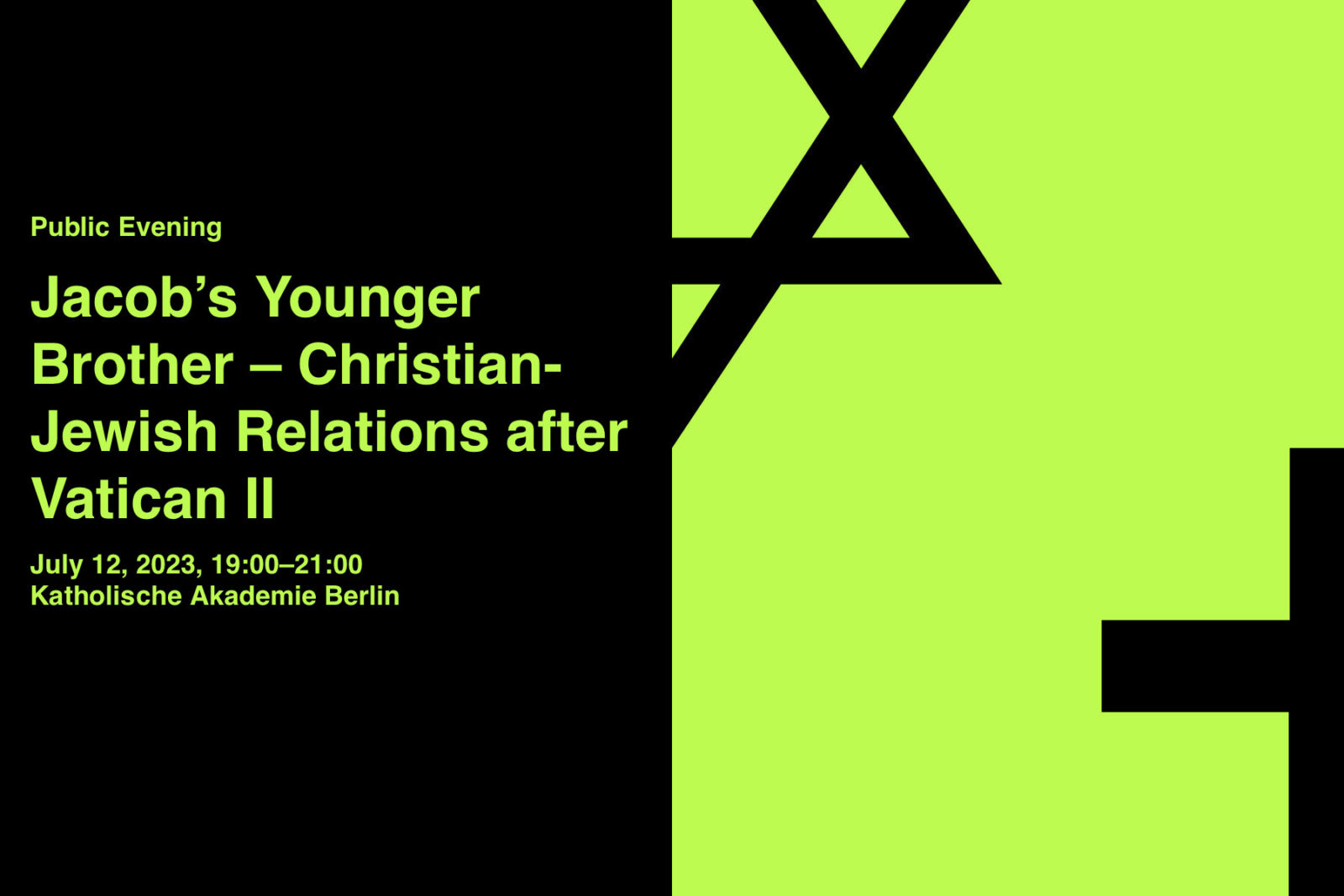
Image from the Cover: Jacob’s Younger Brother
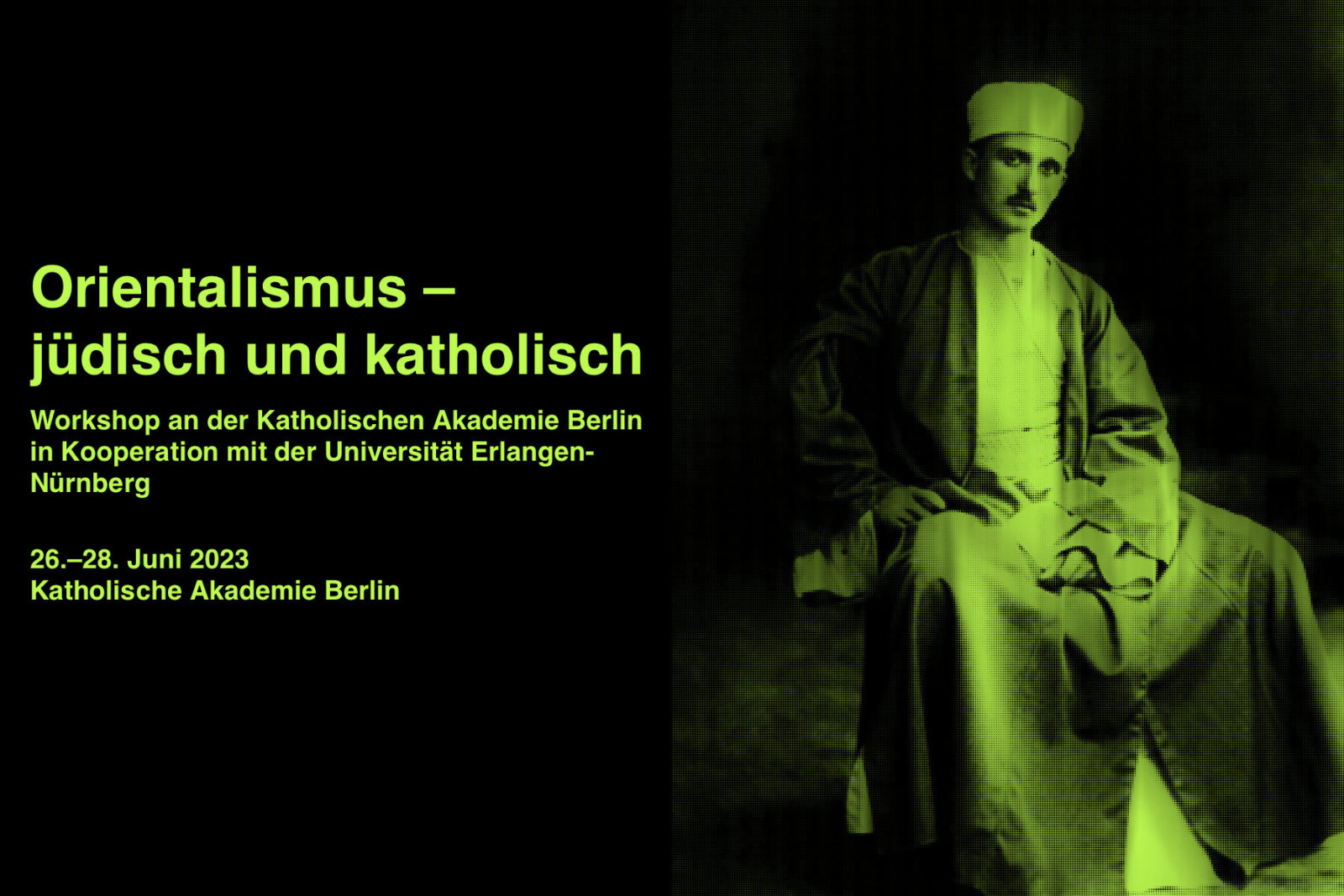
Photo: Louis Massignon 1909 | Wikimedia
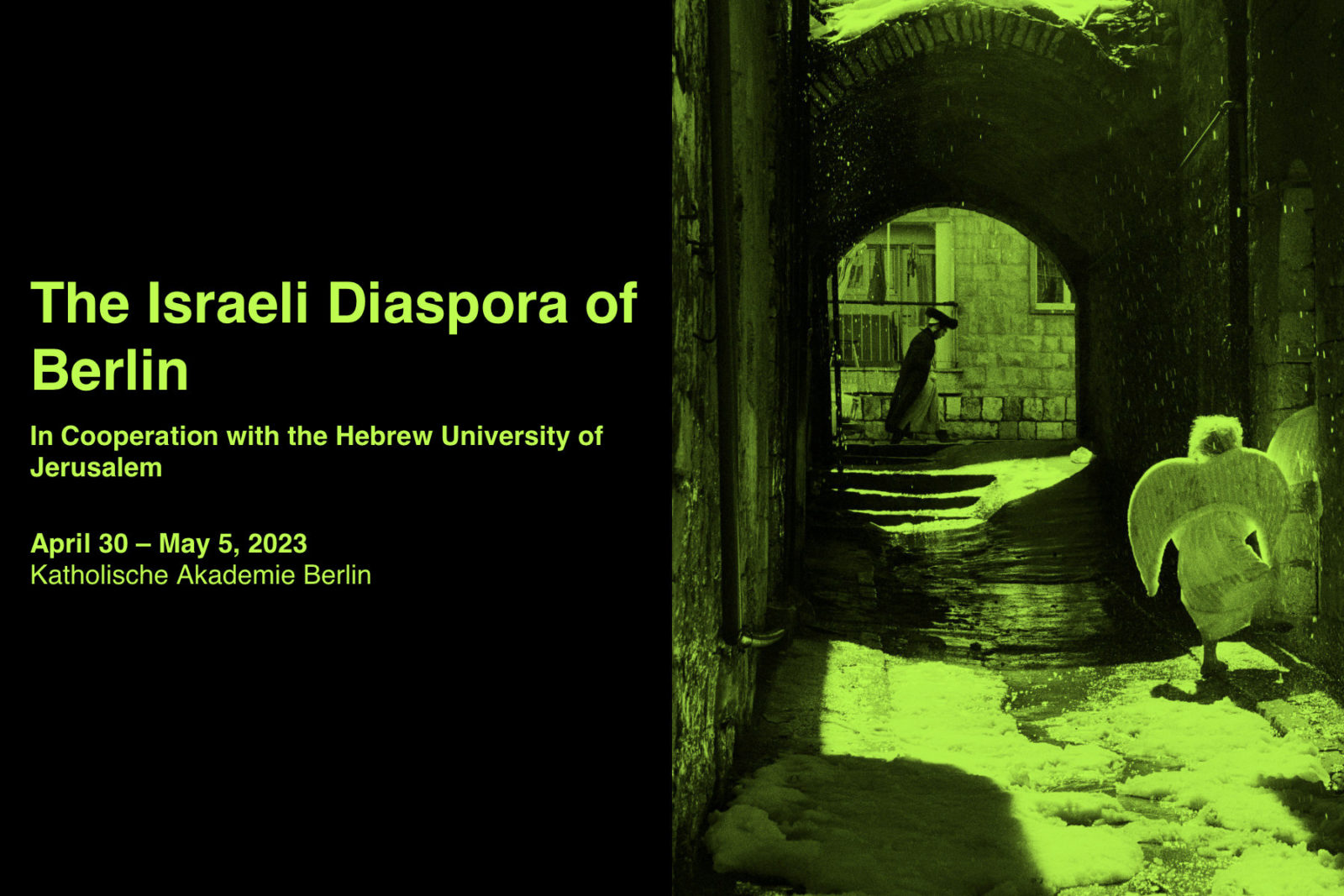
Photo: Frédéric Brenner:
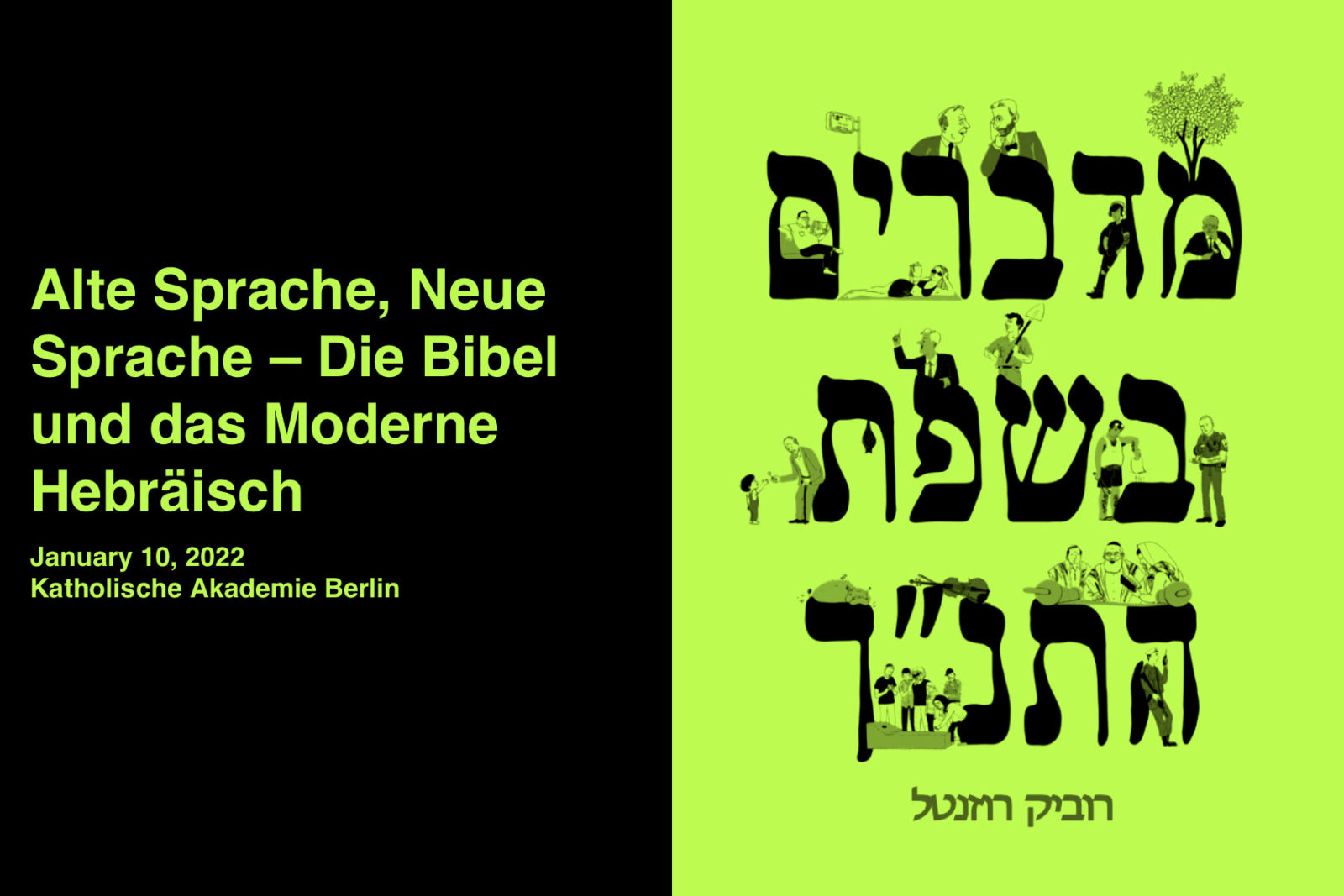
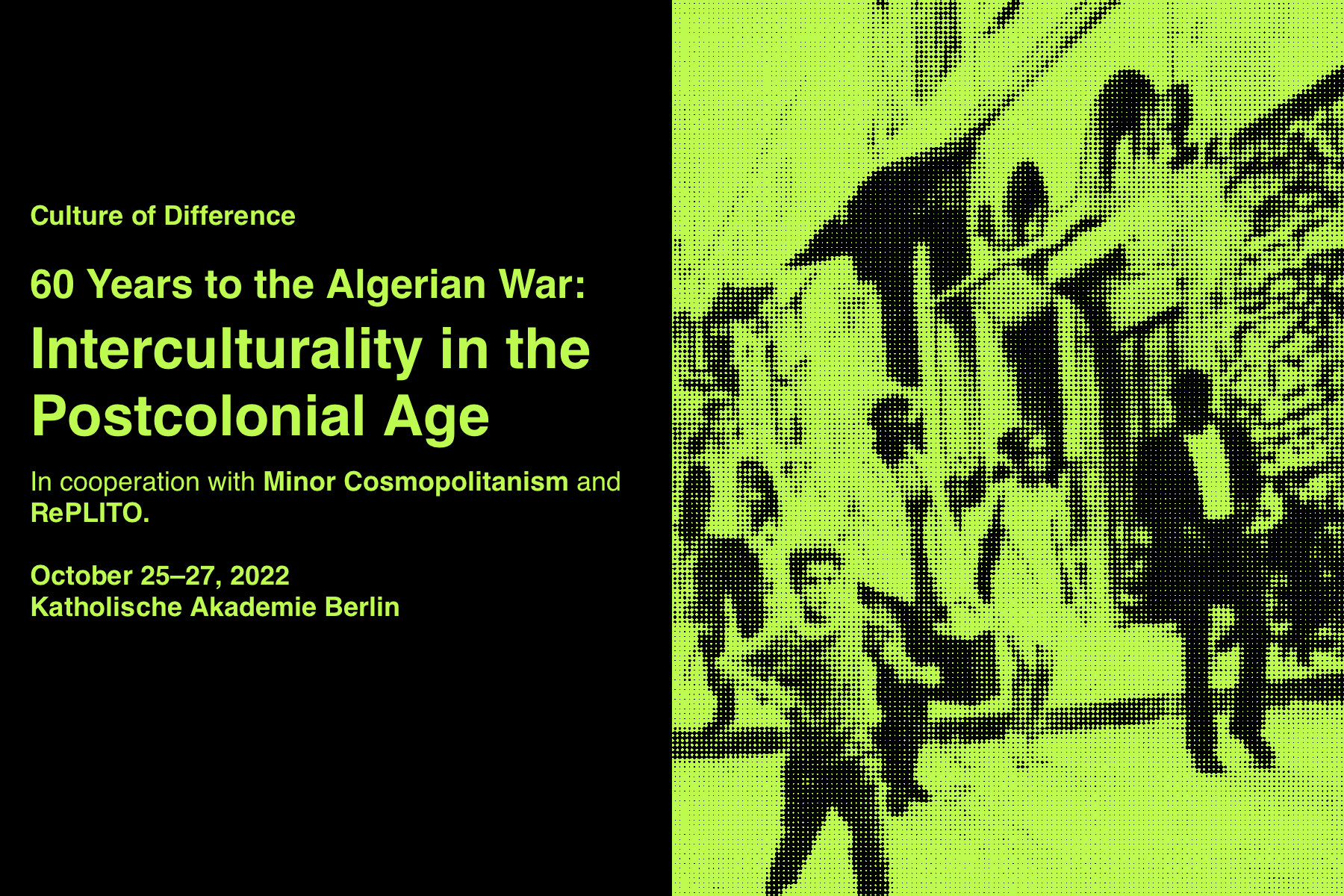
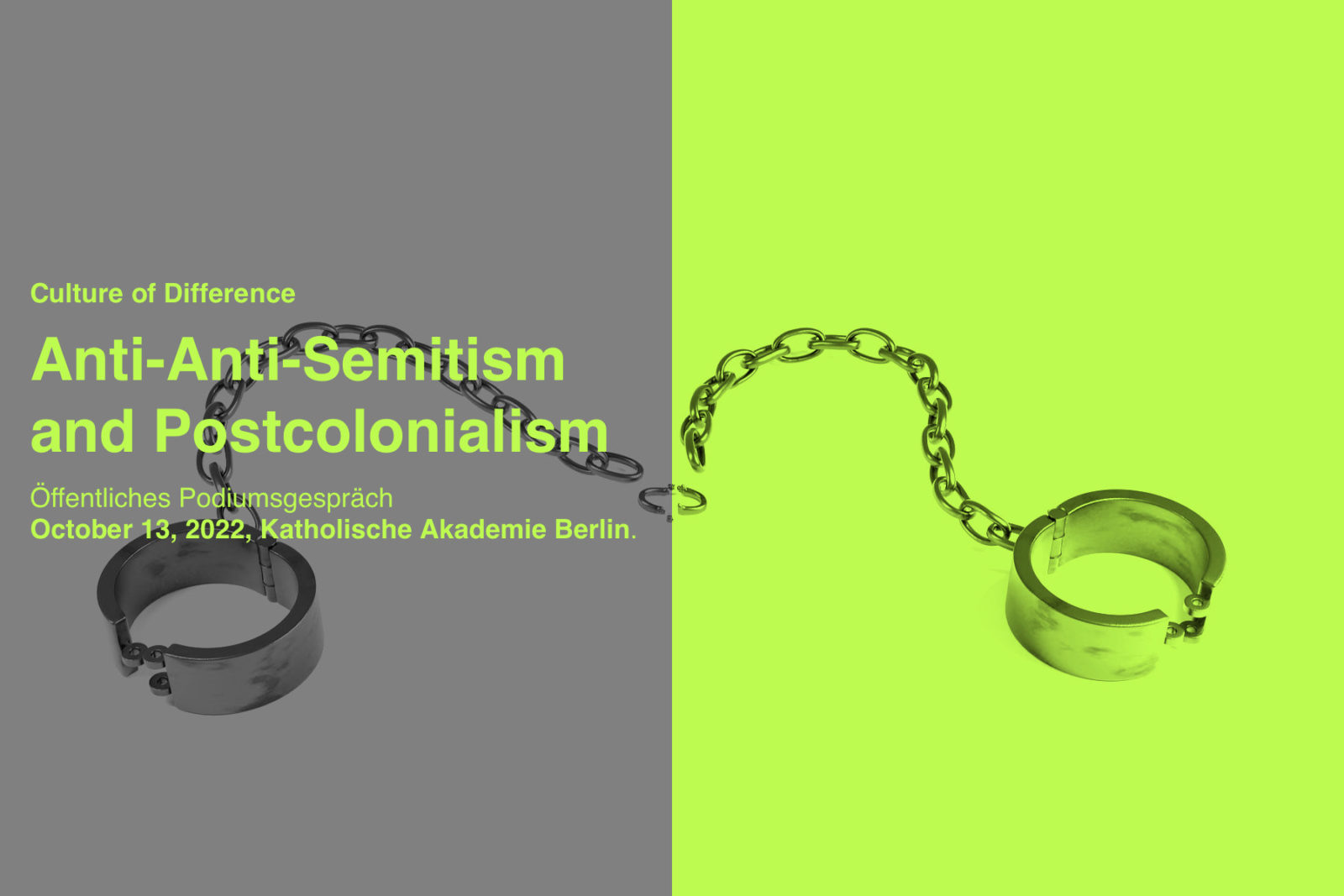
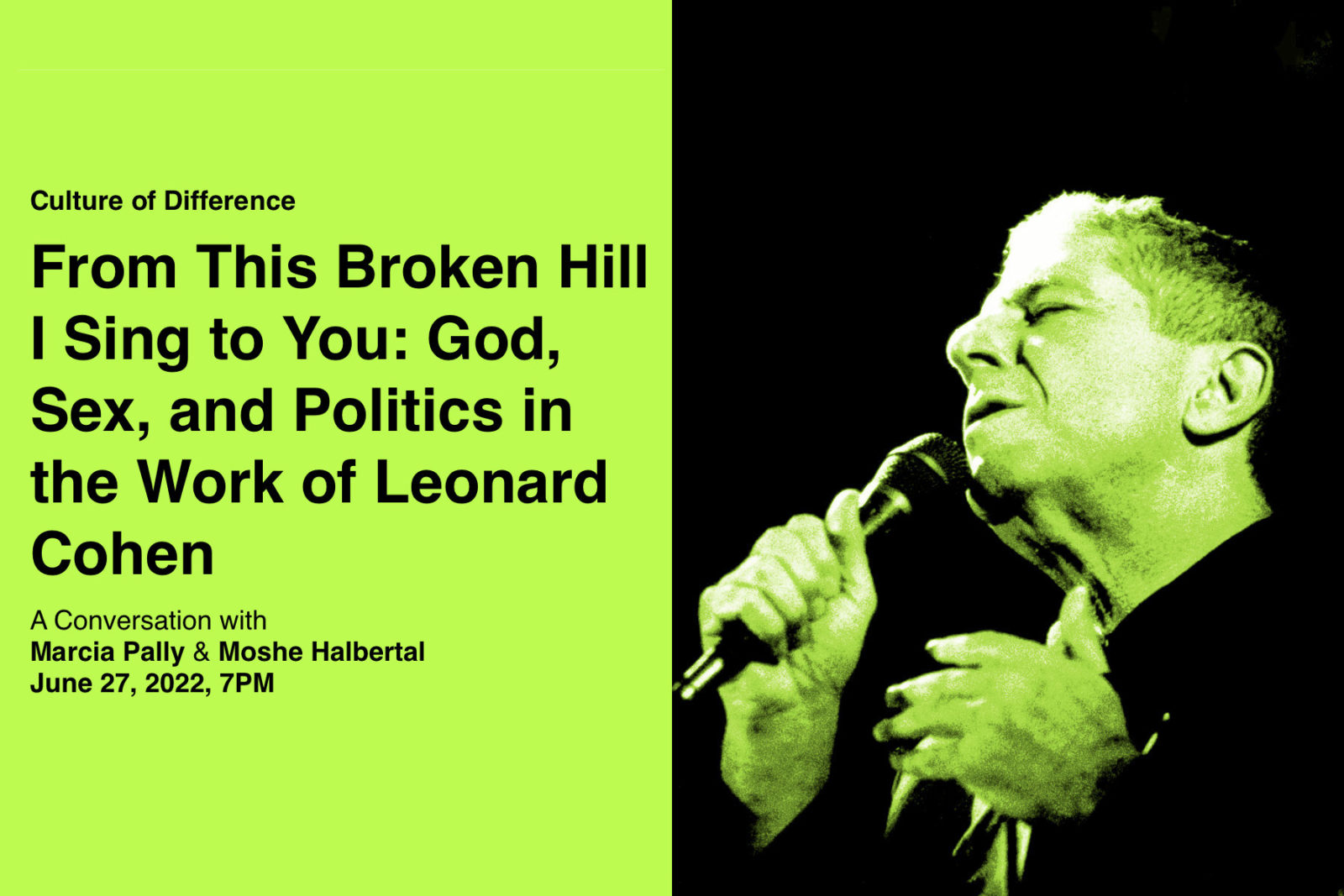
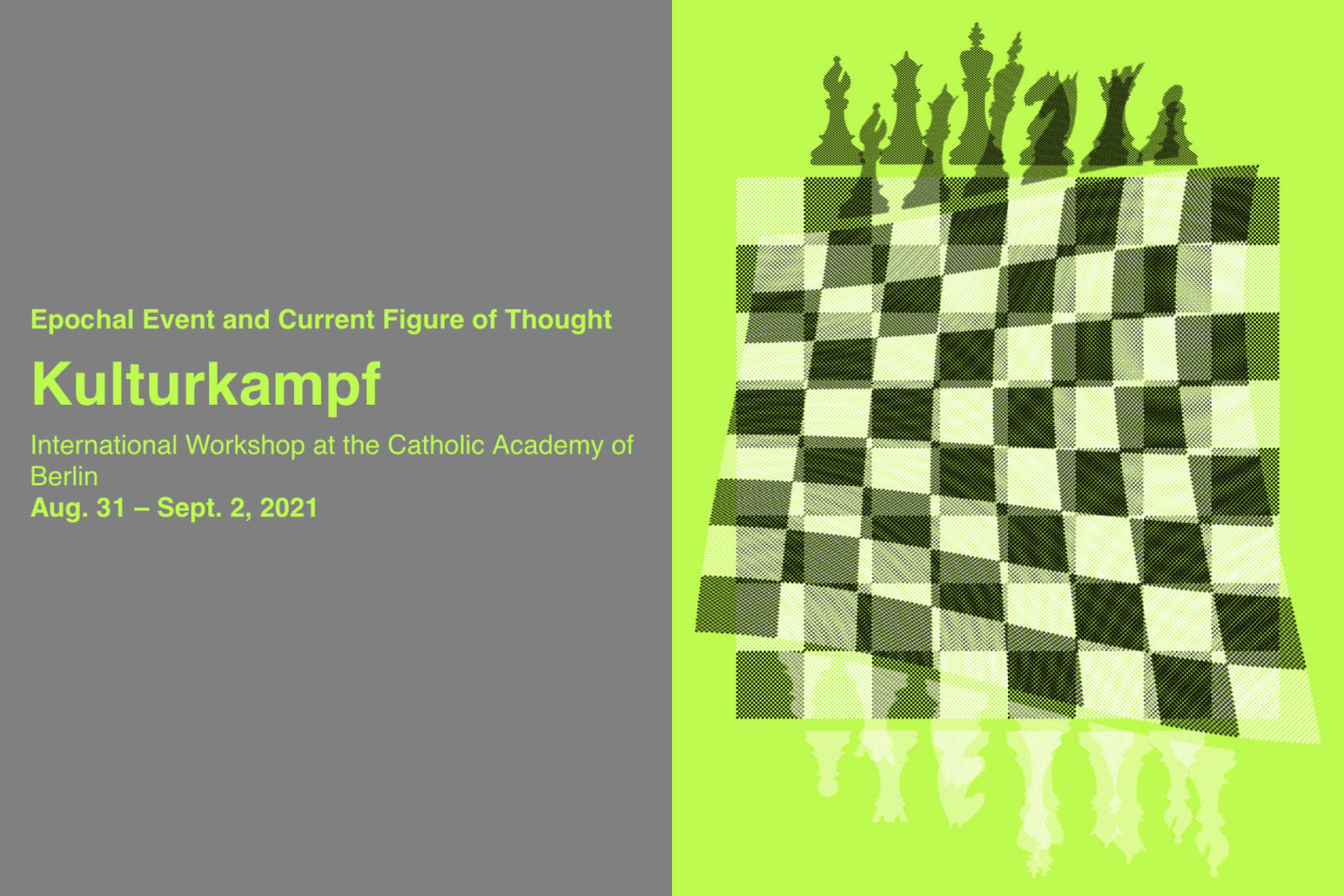
Kulturkampf
Epochal Event and Current Figure of Thought
The Kulturkampf – in a narrower sense, the clash of the Prussian state and the German Empire with the Catholic Church in the 1870s and 1880s – was an epoch-making event. It had a lasting impact on the status of Catholicism, the relationship between the denominations, and the relationship between state and religion in Germany. In its European dimension, with parallels in France, Switzerland and Italy, among others, it marked a fundamental crisis of modernization, if not a profound paradox of secular liberalism. The expression, which has been adopted in many languages, has also become a model repeatedly invoked in the 20th century, for example in the “culture wars” in the United States of America during the 1990s and in the recent rhetoric of a “culture war from the right”. Such recurrence potentially points to fundamental problems of modern societies with culture. The conference combines a historical interest in the Kulturkampf and its consequences with a general reflection on the forms and logics of cultural escalation associated with the speech of culture wars. What does the Kulturkampf show about German history, and how is it remembered in it? How is the current rhetoric of modern culture wars to be evaluated, and what does it show about the state of political and cultural discourse?
Four aspects are to be particularly emphasized:
Weltanschauung: The Kulturkampf has always been more than a legal-political dispute. The clash between liberalism and Catholicism was also a struggle for a monopoly on worldview, a clash of different ways of life in which “culture” was both an object of dispute and a weapon. In it, the great ideological conflicts that later shaped the twentieth century become apparent; in it, the fundamental problem of how to reconcile a democratic and pluralistic society with the exclusive right of representation of such ideologies also becomes clear.
The Imaginary: The Kulturkampf is carried out in public. Both sides use the emerging mass media, but also literature, art, historiography, and caricature. This cultural formatting seems essential to it, because the blurring of cultural affiliation requires stabilization through cultural symbolizations and fictions: for example, because the new empire, as a “belated nation”, had yet to distinguish itself, it had to invent a memory in which the demarcation from “Rome” took on a position as central as it was over-determined. At the same time, the cultural production of the time, such as the historical novel, can hardly be understood without the background of the Kulturkampf.
Multiple Alterities: The apparently clear front lines in the Kulturkampf become unclear upon closer inspection, when other groups—such as the Jews or the Socialists—appear in it. For the exclusion of religious minorities or the accusation of forming a “state within the state” could also be directed against liberal Jews; at the same time, the Catholic conception of liberalism as an enemy often had clearly anti-Semitic traits. The policy of exclusion shifted to the Socialists after the end of the Kulturkampf and shaped the idea of a nation threatened by internal enemies and its problems with dealing with religious, cultural and ideological plurality. At the same time, this constellation offers the opportunity to explore more closely the parallels between the Jewish and Catholic renaissance, which have received little attention, and the associated logics of identity and exclusion.
Contemporary Challenges: The mechanisms of alterization and discursive escalation that can be observed paradigmatically in the Kulturkampf also determine public discourse in the 20th century, especially after the end of the great ideological bloc confrontation. In the USA, for example, the 1990s are characterized by the “culture wars” over questions of curriculum, minority rights, and identity, in which, at least initially, people were still quite aware of the German origin of the expression. In the 21st century, the debate, above all, about global migration, but also partly about Islam in general, has been described either as a culture war or as a clash of civilizations.
For a long time the Kulturkampf appeared to be a closed chapter in history. Today, in the face of a post-secular society, the long taken for granted balance between society and religion from the post-war period has become just as questionable as the interpretation of history, whether on a European or global level. The connection between identity, culture, and conflict continues to preoccupy the public today, partly in familiar forms such as the cartoon controversy, partly under completely new media conditions. The conference inquires into the legacy of the German Kulturkampf. What can we learn from the recollection of that history for the description and interpretation of contemporary disputes?


